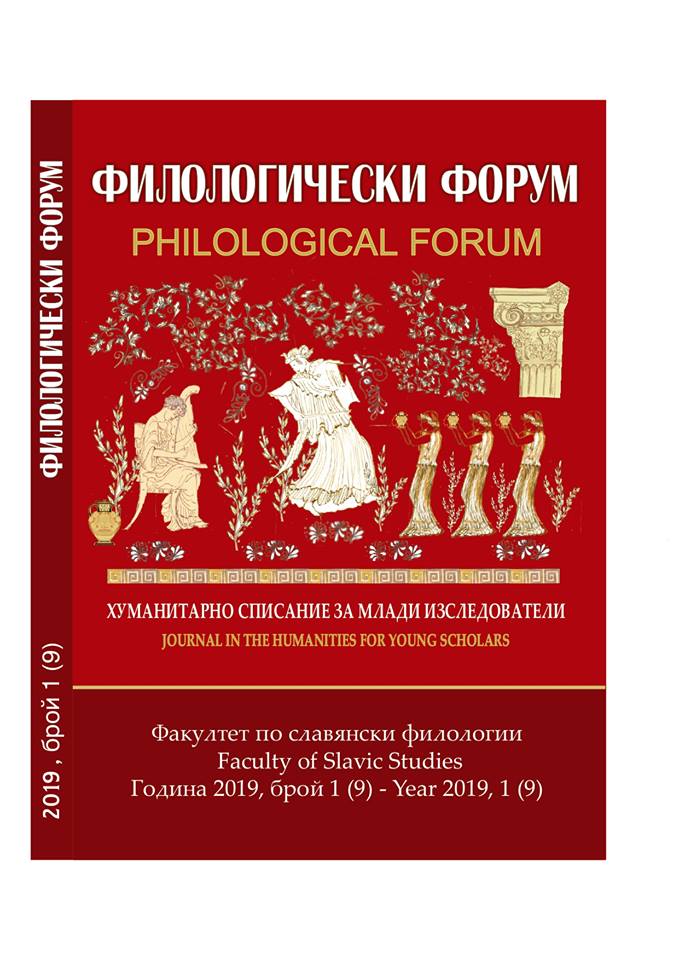
We kindly inform you that, as long as the subject affiliation of our 300.000+ articles is in progress, you might get unsufficient or no results on your third level or second level search. In this case, please broaden your search criteria.





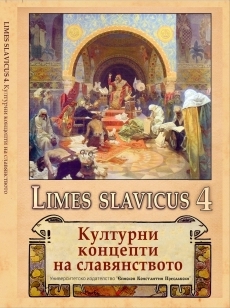
The paper deals with Pencho Slaveikov’s letters to Mara Belcheva, which he sent during his journey in Russia in 1909. It shows the Bulgarian poet’s attitude to Russian Orthodox Christianity. The author draws the conclusion that the main reasons for Pencho Slaveikov’s negative attitude are his esthetic individualism and the fact that he could not accept the interrelation between Orthodoxy, Slavophillia and Russian imperial policy.
More...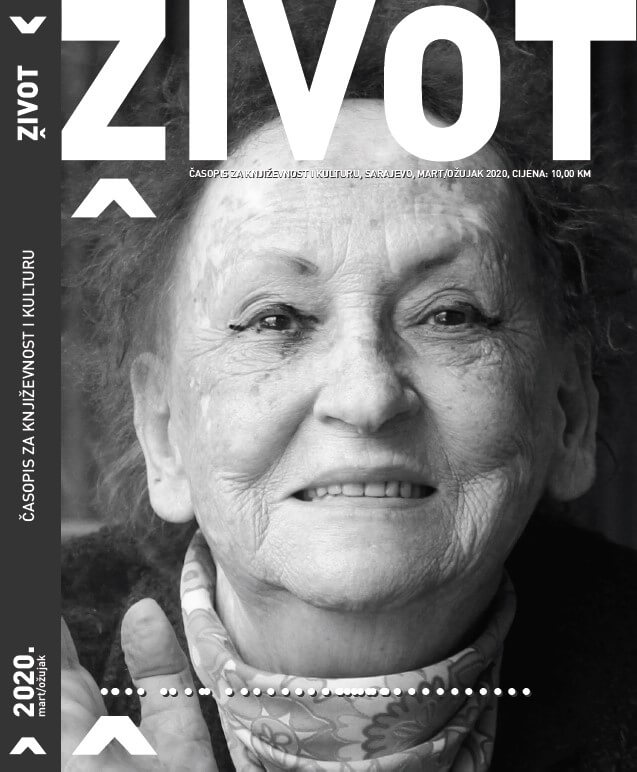
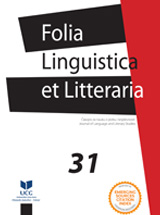
Between 1975 and his assassination in 1978, the Bulgarian journalist Georgi Markov wrote more than 130 radio reports about life in Bulgaria. These, however, are not news reports in the conventional sense. They are a form of autobiographical reportage and, as such, don’t focus so much on contemporary events in Bulgaria, as on Markov’s own experiences and encounters in the homeland he eventually found it necessary to leave in 1969. Thanks to the negative image they construct of Bulgaria during the 1950s and 1960s, these reports – or, perhaps more accurately, radio essays – appear to represent a wholly anti-nostalgic form of reportage and memoir in line with the conventions of what we might call dissident narrative. At the same time, however, they exist on a more complex, more nuanced emotional terrain and, in recognising this, this paper argues that Markov’s work in these essays should more rightly, more accurately be regarded as belonging to the literature of exile rather than as simple polemic.
More...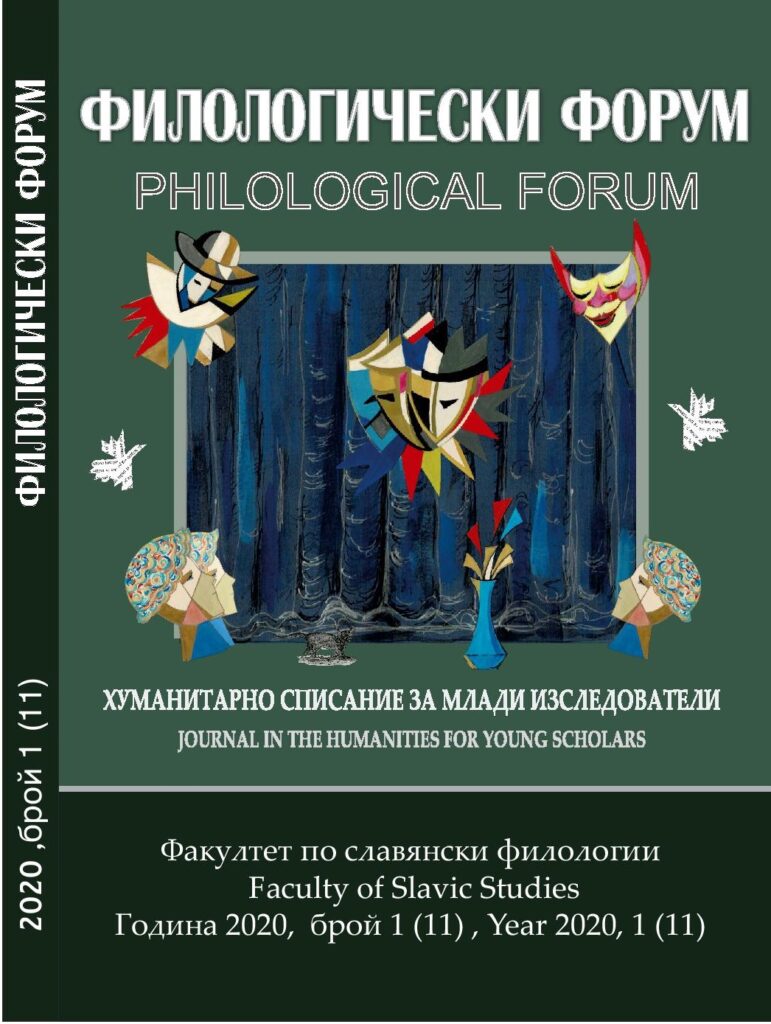
This text explores generic peculiarities in contemporary literature. They are observed in the way “The East” and “the West” are represented in the prose of a Bulgarian woman writer of travelogues who belongs to emigration literature. The woman’s point of view is regarded within certain frameworks, typical of 21st-century readers. In addition, the text aims at placing a specific woman’s voice on the contemporary map of world literature. The article focuses on the different meanings of love (as literature, home country and as the world) in the work of Izabela Shopova.
More...
This paper looks into the psychoanalytic ideas in ‘Lina’ („Лина“), ‘Scoundrel’ („Мерзавец“) and ‘Tiny World’ („Мъничък свят“) by Georgi Raychev. It also explores the literary techniques the author uses in order to depict the psychological processes that occur between the interacting agents of the Id, Ego and Super-ego.
More...
This paper explores the poetics of nonsense in the context of three representatives of Bulgarian literature from the 1990s. Konstantin Pavlov, Binyo Ivanov and Petar Chuhov create nonsense structures in the genre of poetry, children’s fairy tales and short prose. They bind non-existent images, overturn the organization of a text, and combine incompatible terms. Through a reversal in syntax, the formation of new words and the negation of punctuation and grammatical rules, these three authors challenge readers to climb upon the ruins of a sense lost and to laugh at their pathetic need for logic and meaning.
More...




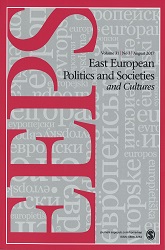
This article reconstructs the history of the Bulgarian section of the International PEN. The PEN (initially standing for Poet, Essayists and Novelists) remains a global society of writers, founded in London in 1921, with the intent of promoting international understanding and higher social standing for writers and literature. The Bulgarian PEN was formed in 1926 by authors seeking to break the international isolation of Bulgaria, a former member of the Central Powers. The International PEN enabled Bulgarian literati to engage as non-state agents in cultural diplomacy of their own and to expand their intellectual and professional networks. Based on a variety of sources, the article analyzes the hopes, real limitations, and actual achievements of the Bulgarian PEN until its closing in 1941. It uses the organization’s interwar history to examine the workings in eastern Europe of what Akira Iriye called “cultural internationalism.” It demonstrates that while global literary and cultural relations remained inherently unequal, as discussed by Pascale Casanova, the International PEN did afford opportunities to smaller nations and literatures to establish regional and global contacts and become integrated in continental literary networks.
More...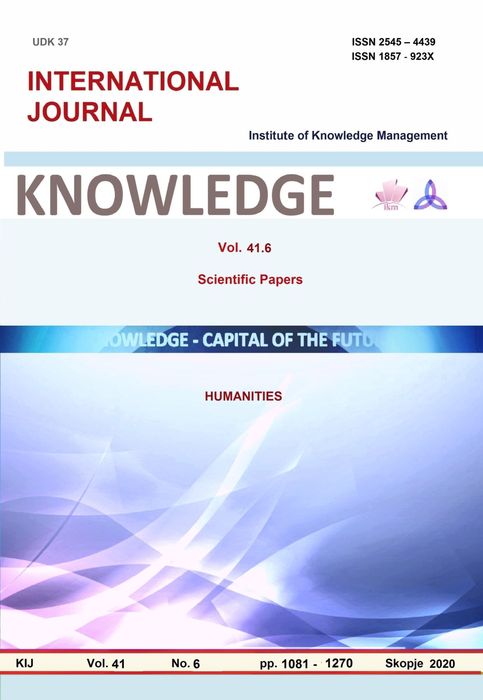
"Dictionary of the Bulgarian language" by Naiden Gerov is an encyclopedia of the Bulgarian language from the second half of the XIX century. The study of vocabulary from the dictionary continues to this day. The different variants of the words, their relations to the subsequent stages of the development of the Bulgarian language are studied. A fruitful way to study the vocabulary of the Bulgarian language is the inclusion of individual words in lexical-semantic groups and fields and their internal relationships. One field of undeniable interest is the field of animal voices. Naiden Gerov reflected the wealth of words used by the people when describing how the animal "speaks". The subject of the article is precisely this field. In general, it can be noted that, as in any characterization of the vocabulary, general and special names stand out here. A possible next stage of research is the enrichment or impoverishment of the field in the next stages of the development of the Bulgarian language.
More...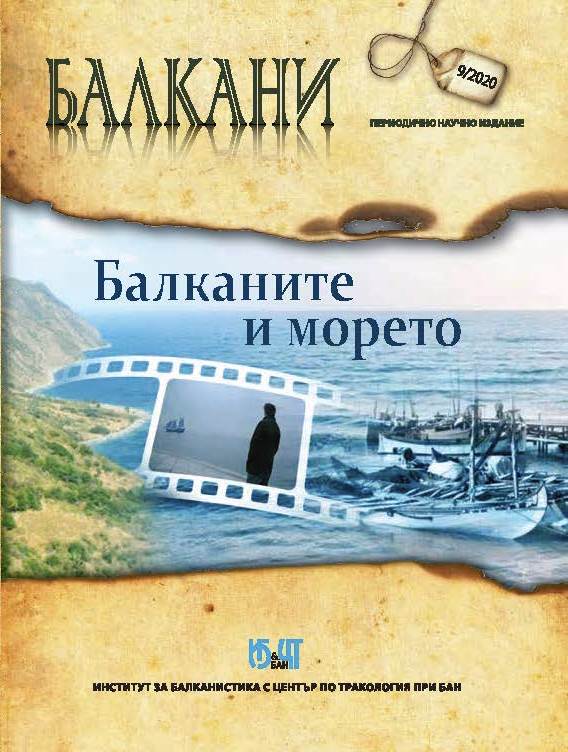
The dialogue of Bulgarian writers with the sea has always been subject of the historical epoch, the political conditions and the literary-aesthetic criteria, determining the creative messages and the ideological-thematic scope of their works. In the first half of the twentieth century he followed not only the intention to describe the new latitudes, but also the desire for aesthetic and philosophical understanding of their own and others, for immersion in the waters of the „inner self“, for metaphysical contemplation of the vast horizons. Their creative pursuits will lead to a dynamic development of the travel writing genre with the introduction of new imagery, stylistic and linguistic techniques and original compositional solutions.
More...
In this work, the pattern of initiation in Macedonian and Bulgarian epic poems about Banovic Sekula was considered. It was done according to the customs that appear only in the eastern area of poems about this hero. The basic reason for Sekula’s inclusion into the pattern of initiation is his youth. Therefore, the differences in typological determination of Sekula as a young hero, in the eastern and western area of poems, are studied. The ritual base of the pattern of initiation is recognized, typical for the eastern cultural and historical areal –ʻsnihacestvo’ and ʻprvice’.
More...